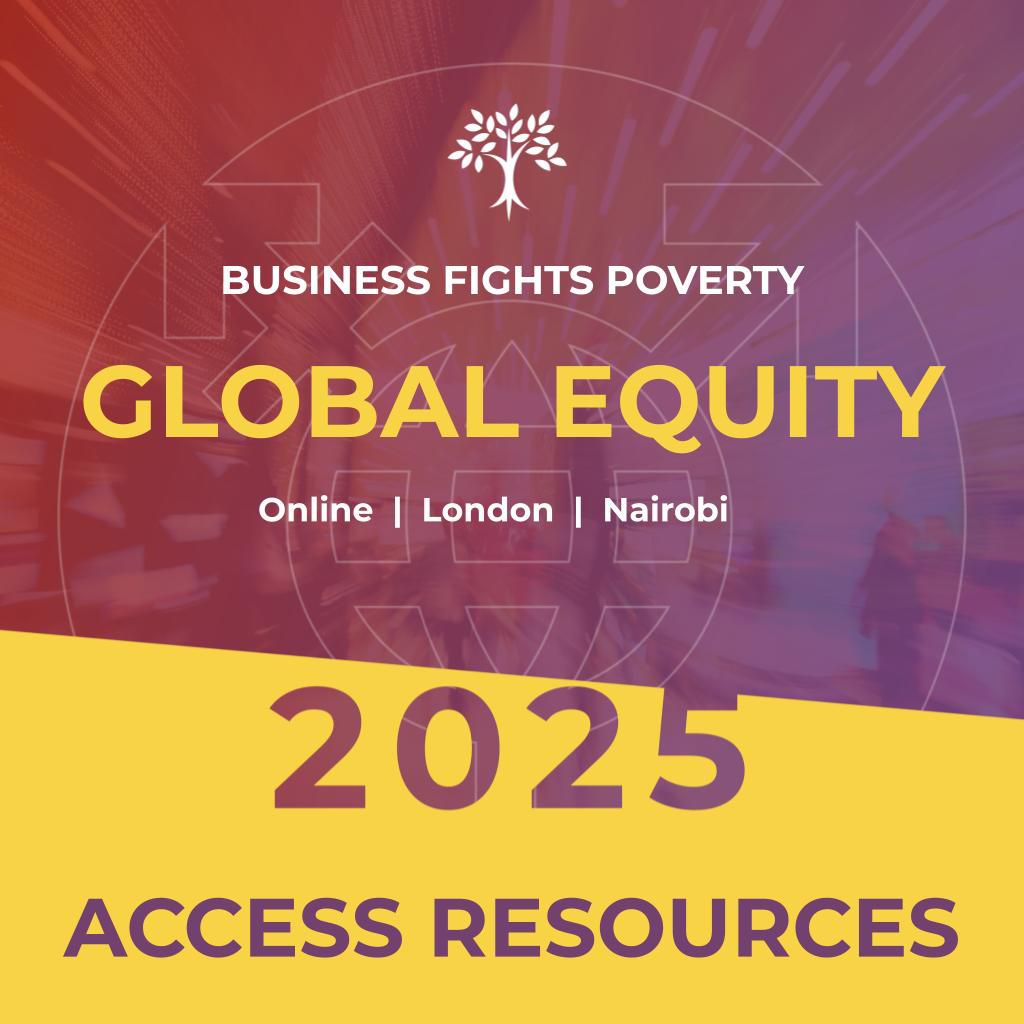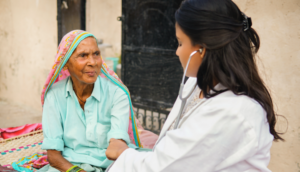Oxfam will lead a panel at Business Fights Poverty Oxford 2019 on its supermarket campaign, Behind the Barcodes, giving a platform to two influential supermarkets as well as perspectives from consumers, investors and a multi-stakeholder initiative on ethical trade. The top six UK supermarkets have already responded to the campaign. As more consumers and investors show their concern about these issues, more rapid progress will be made.
In the run-up to the panel discussion, we outline the practical actions companies need to take to wean themselves off their security blanket of compliance audits and embrace a more robust way to manage human rights risks, while delivering a positive impact for the people in their supply chains – from the women peeling shrimp in Thailand and Indonesia to those picking grapes in South Africa.
Our proposals for business to do less harm and more good are set out in Oxfam’s Workers’ Rights Recommendations for Food Retailers. In this article, we outline what this involves and give credit to notable examples of good business practice in a range of sectors:
- Know and show risks related to workers’ rights;
- Take action in your own supply chain;
- Take action beyond your own supply chain.
1) Know and show risks related to workers’ rights
This starts with greater supply chain transparency, enabling consumers, civil society and investors to find out more about where and how products are produced. So which companies are doing this? In the food and beverage sector, examples include Marks & Spencer and Waitrose, plus tea brands Taylors, Twinings, Tata Tetley, Clipper, Unilever and Typhoo. Dutch supermarkets Albert Heijn and Jumbo, responding to Behind the Barcodes, have committed to publishing their first-tier suppliers of private label products by 2021 and have made a range of other commitments to respect workers’ rights, based on Oxfam’s recommendations.
Go deeper to understand the human rights issues
Carrying out a human rights due diligence process can help identify the key problems in a sector, so a more robust strategy can be formulated to tackle them (for instance, PepsiCo, Tesco and Thai Union). To do the job well means going deeper into a supply chain via a human rights impact assessment. This involves looking at adverse human rights impacts linked to the business through meaningful engagement with workers, affected communities and civil society stakeholders. Examples include Nestle in its cocoa supply chain (one on labour standards, one on gender) and Oxfam and the Swedish retailer SOK Group in Italian tomatoes.
Gender data is important
Good practice also means tracking and disclosing the rough proportion of female and male workers at production sites, helping to make visible trends in its workforce. SSE and BHP have done this for their operations, whilst Walmart has set targets for sourcing from women-owned businesses. Extracting gendered data from Sedex can help, something Sainsbury’s does, but thousands more of its members could readily do.
2) Take action in your own supply chain
The second bucket of recommendations relates to taking action in the company’s own supply chain. A starting point is transitioning from a compliance-based code – which simply pushes onto suppliers the responsibility for good labour standards – into a policy on human and labour rights. This includes proactive elements such as actions to prevent forced labour rather than just ‘no forced labour’ and a framework for continuous improvement. Unilever’s Responsible Sourcing Policy is a good example of this.
Deal fairly with suppliers and engage with unions
Taking action also means business practices which deal fairly with suppliers by taking into account production costs, reasonable payment terms, long-term contracts and predictable order volumes. Sainsbury’s commitment not to use Unfair Trading Practices is a good start. And Unilever’s agreement with IUF and IndustriALL on temporary workers is an example of effective engagement with trade unions.
Assess the living wage gap
Last but not least, getting to grips with the issue of living wages, recognising that wages in supply chains can be significantly below what is needed to achieve the Sustainable Development Goals. For example, Axfood (the second biggest food retailer in Sweden) has committed to assess the living wage gap in three high-risk supply chains and to work with stakeholders to close it by 2020.
3) Take action beyond your own supply chain
Taking action beyond a company’s supply chain includes getting into dialogue with others about the systemic problems which have deep roots. For instance, how do you address problems across a sector rather than down a specific supply chain? Multi-stakeholder initiatives, which include trade unions and NGOs such as, Ethical Trading Initiative (ETI) and Equitable Food Initiative can help here, as can advocacy to governments on effective regulation, undertaken by companies including Tesco in the seafood sector.
During the session, Oxfam will explore questions such as: “Why is Oxfam’s Behind the Barcodes campaign needed, after 20 years of Corporate Social Responsibility?”; “How are some companies changing their approach in order to tackle worker exploitation and in-work poverty?”; and “What are the roles of consumers, investors and governments?”. Find out how your preferred supermarkets are performing, one year into the campaign, and join the debate in the room or via social media.










